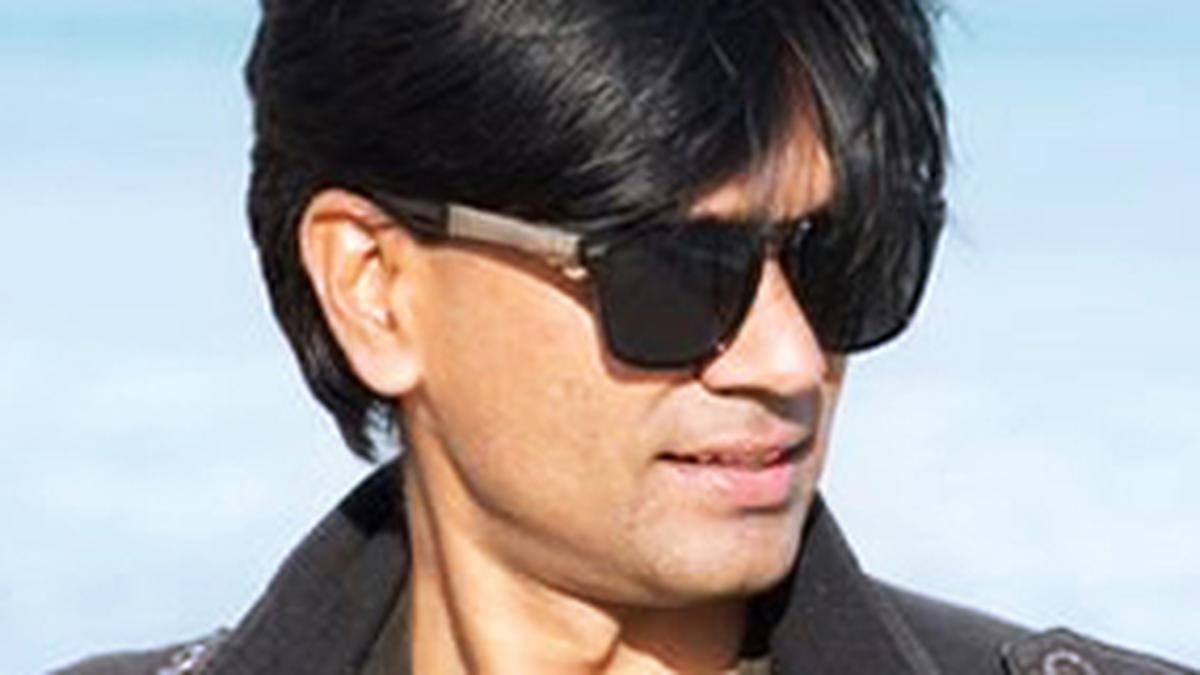 |
|
The Allahabad High Court's decision to stay the arrest of Mohammed Zubair, co-founder of Alt News, marks a significant development in the ongoing legal battle surrounding his alleged promotion of religious enmity. The case highlights the complexities of free speech versus hate speech legislation in India, and the potential for accusations to be politically motivated. The FIR, filed by Ghaziabad police, accuses Zubair of posting a video clip of Yati Narsinghanand, a controversial priest known for his inflammatory rhetoric, with the intent to incite violence among religious groups. The specific charges levied against Zubair under the Bharatiya Nyaya Sanhita (BNS) – including promoting enmity, fabricating false evidence, and outraging religious feelings – are serious and carry significant penalties. The fact that the complaint originates from an associate of Narsinghanand raises questions about potential bias and the political undercurrents influencing this legal action. The high court's intervention, however, underscores the judicial system's role in safeguarding fundamental rights and preventing potential misuse of legal processes for political purposes. Zubair's actions, particularly his sharing of Narsinghanand's videos and comments on social media platform X (formerly Twitter), raise questions about the line between criticism and inciting hatred. The court will likely scrutinize Zubair's posts to determine whether they directly incited violence or merely highlighted controversial statements made by Narsinghanand.
Zubair's defense hinges on the argument that his actions did not promote disharmony but instead aimed to bring Narsinghanand's controversial statements to the attention of authorities. He asserts that merely sharing publicly available information, even if critical, should not be construed as promoting religious violence. His legal challenge also directly contests the invocation of defamation charges, arguing that sharing existing public domain content cannot constitute defamation. This legal strategy focuses on distinguishing between factual reporting, critical commentary, and the intentional incitement of violence – a crucial distinction that the court will have to carefully evaluate. The case raises concerns about the potential chilling effect on journalistic practices and freedom of expression in India. If Zubair's actions are deemed unlawful, it could set a dangerous precedent, potentially deterring others from reporting on or criticizing controversial figures or events, regardless of the public interest. The potential for selective enforcement of such laws, particularly against those critical of the government or powerful individuals, cannot be ignored.
The Allahabad High Court's stay order temporarily prevents Zubair's arrest, allowing him to continue his legal battle without the immediate threat of incarceration. This temporary reprieve, however, does not resolve the underlying issues surrounding the FIR and the accusations against him. The case is likely to proceed to a full trial, where the court will meticulously examine the evidence presented by both sides. The outcome will have significant implications not only for Zubair but also for the broader discourse on freedom of speech and the boundaries of permissible criticism in India. The case will likely face intense scrutiny from both domestic and international observers, given the prominence of Zubair as a fact-checker and the implications of the charges for press freedom and public discourse. The court's final decision will set a precedent that will significantly shape future debates about the limits of free speech and the protection of individuals from politically motivated accusations.
The case also highlights the broader challenges faced by fact-checkers and journalists operating in increasingly polarized environments. The spread of misinformation and disinformation online presents significant challenges to democratic societies, and the role of fact-checkers in combating these issues is critical. However, the legal and political pressures faced by fact-checkers, as exemplified by Zubair's case, demonstrate the risks associated with this crucial work. Striking a balance between protecting freedom of speech and preventing the spread of harmful content remains a complex challenge for legal systems worldwide. The Allahabad High Court's decision, and the eventual outcome of the case, will provide valuable insights into how India's legal framework approaches these complex issues. The interaction between online speech, potential incitements to violence, and the right to critique powerful individuals will be critically examined in the coming months. The interpretation and application of the BNS, a relatively new legal code, will also shape future legal challenges relating to online content and its potential consequences.
Source: Allahabad HC stays arrest of fact checker Mohammad Zubair
